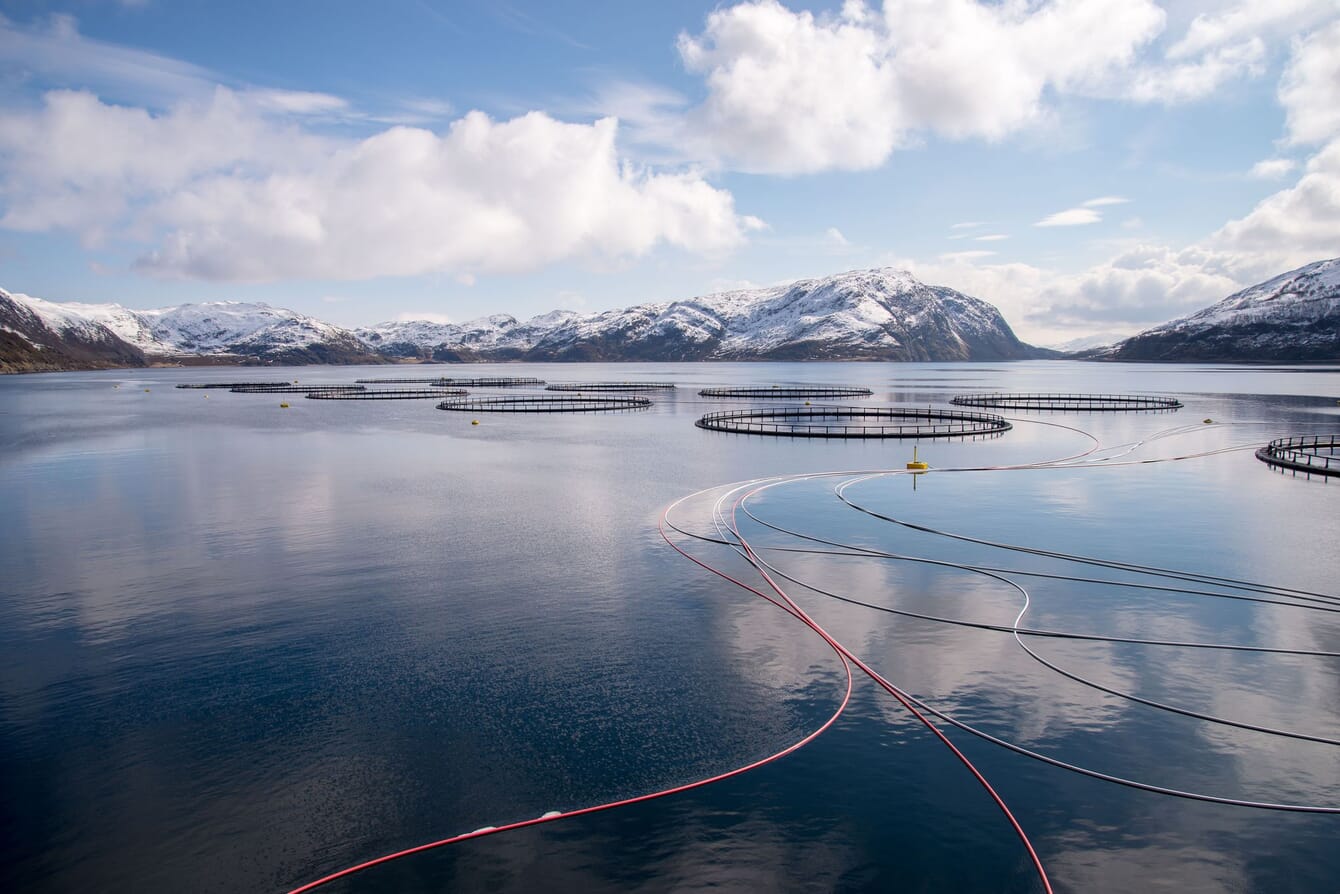
The country harvested 1.5 million tonnes of the fish last year, according to industry data,
Norway's centre-left Labour-led government must now negotiate a final deal in parliament before a tax takes effect, but it appears that a majority of politicians are in favour of taxing the industry more heavily for aquaculture licences, which are awarded by the state and give farming companies a chance to profit from public resources.
Taxes will be based on the market value of the fish when harvested. A standard deduction of NOK 70 million (£5.4 million) means that only companies with significant profits will pay resource rent tax.
According to the government, the “intention of the proposal is to ensure that local communities along the coast and society as a whole receive a greater share of the value that is created by the fish farming industry. The host municipalities will receive more. The increased revenues will enable the municipalities to invest more in schools, elderly care and other important welfare services for their citizens.”
Later today, the Government will present the proposal to the King-in-Council. The proposition will then be presented to the Norwegian Parliament (Stortinget).
“We have a long tradition in Norway in which value that is created from using our common natural resources shall benefit society as a whole. Access to our common natural resources has enabled this industry to generate particularly high earnings. All of us should be able to derive greater benefit from the significant value that is created. It is now the time to introduce a resource rent tax for the aquaculture industry,” said Prime Minister, Jonas Gahr Støre, in a press release.
“The Norwegian model, which involves society as a whole receiving a share of the profits generated from the utilisation of our natural resources, has served us well. The resource rent tax on petroleum has played an essential role in building up the Government Pension Fund of Norway. We are continuing this tradition by also introducing a resource rent tax on aquaculture, which will make it possible to create employment and generate earnings, while local communities and society as a whole are also able to receive a share of this value by making coastal areas available to the industry,” said Minister of Finance, Trygve Slagsvold Vedum.
“Significant value and local employment are created when skillful and industrious people are granted access to our fjords. When there are very high profits from this value creation, parts of these profits are accrued to the local communities and society as a whole, and can be used for funding good schools, a good health care system, elderly care and good welfare services throughout the entire country,” Vedum added.



